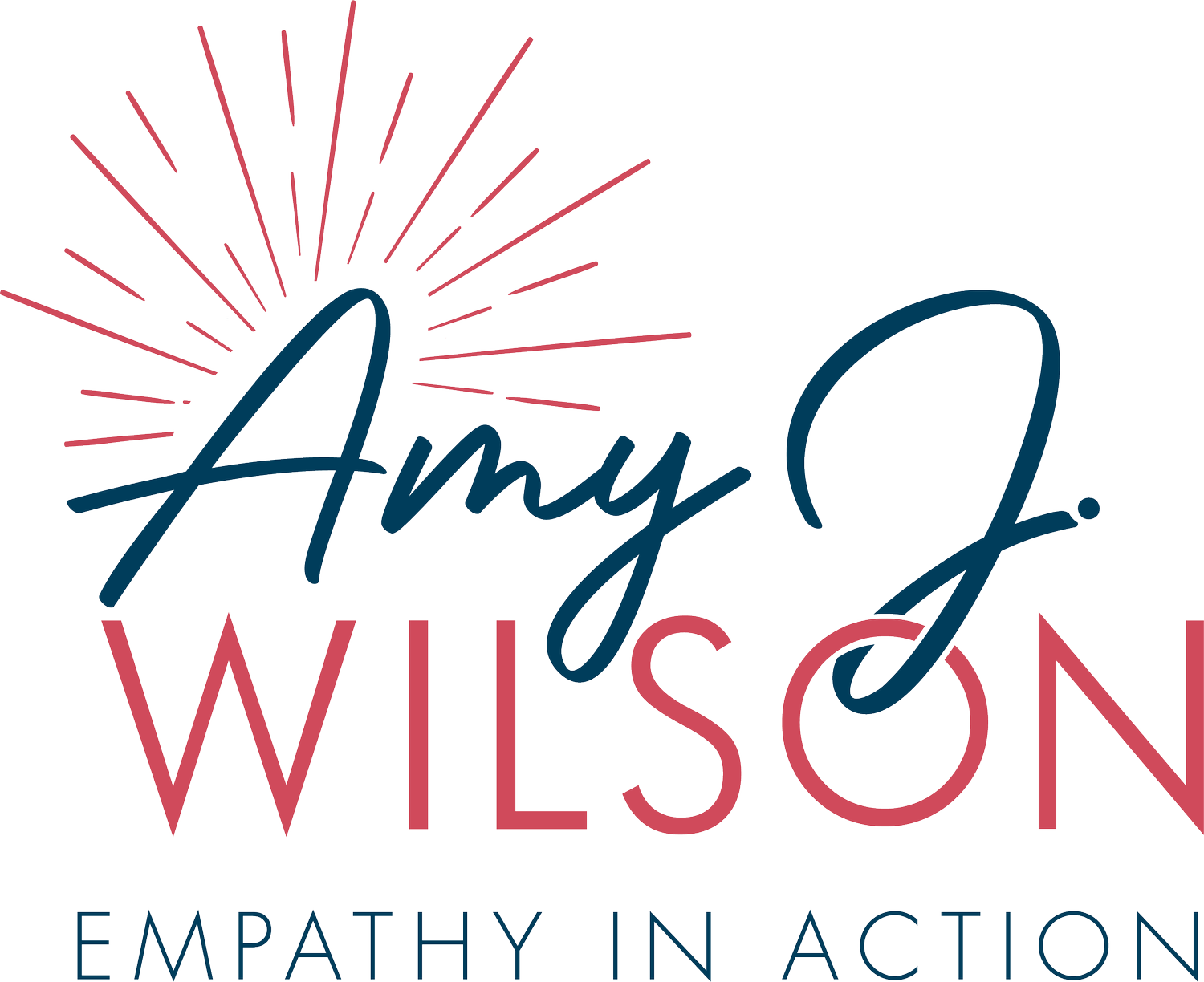Welcome to Empathy@Work
Your trusted resource for exploring how empathy can transform workplaces and lives. Here, leaders, change-makers, and organizations gain actionable insights on integrating empathy, emotional intelligence, and psychological safety into daily practices.
Empathy isn’t just a soft skill—it’s a transformative tool for driving innovation, strengthening team dynamics, and building thriving, inclusive cultures where everyone feels seen, heard, and valued. In today’s world, this has never been more essential.
Tags/Themes:
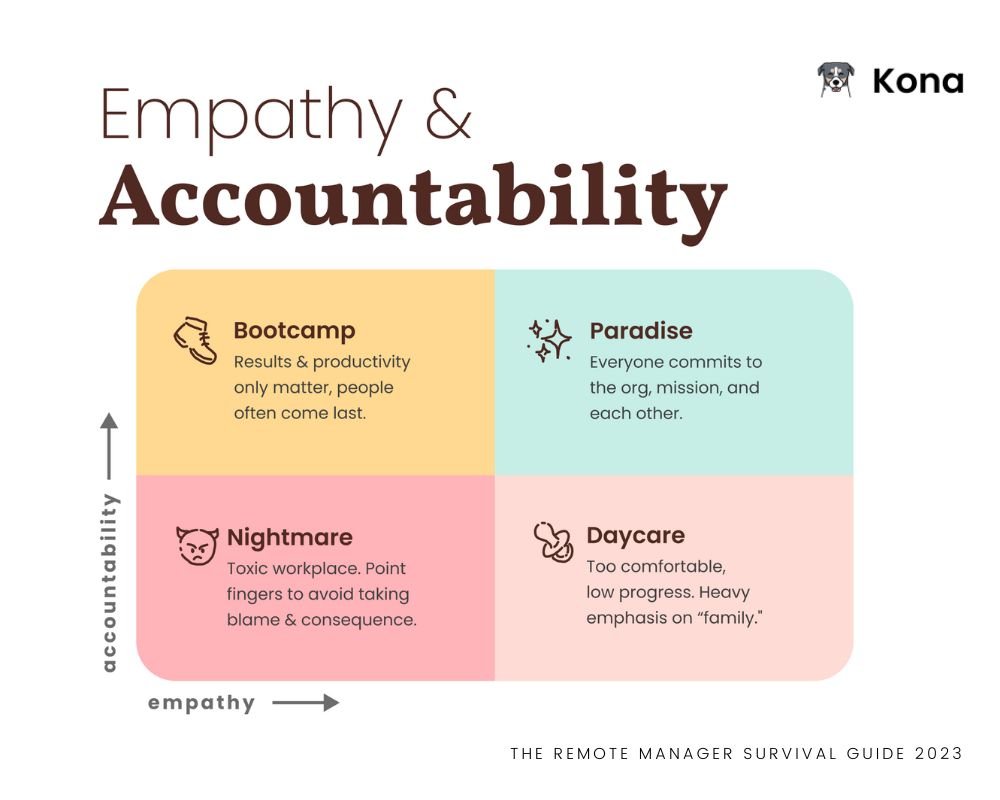
Balancing Empathy and Accountability
With the year’s end approaching, many leaders have been asking me how to hold their teams to a high standard—and even surpass expectations—in these critical final months. What strikes me is how often they assume the answer is to drop empathy altogether and adopt a hard-driving, even micro-managing style to simply get things done. This assumption highlights a common and false tension between empathy and accountability in leadership.
But here’s the truth: empathy and accountability aren’t at odds. In fact, they thrive together. Leadership today is about finding the right balance between caring for people and achieving goals. Empathy and accountability might seem like opposites, but they actually work hand in hand to create healthy, productive workplaces.
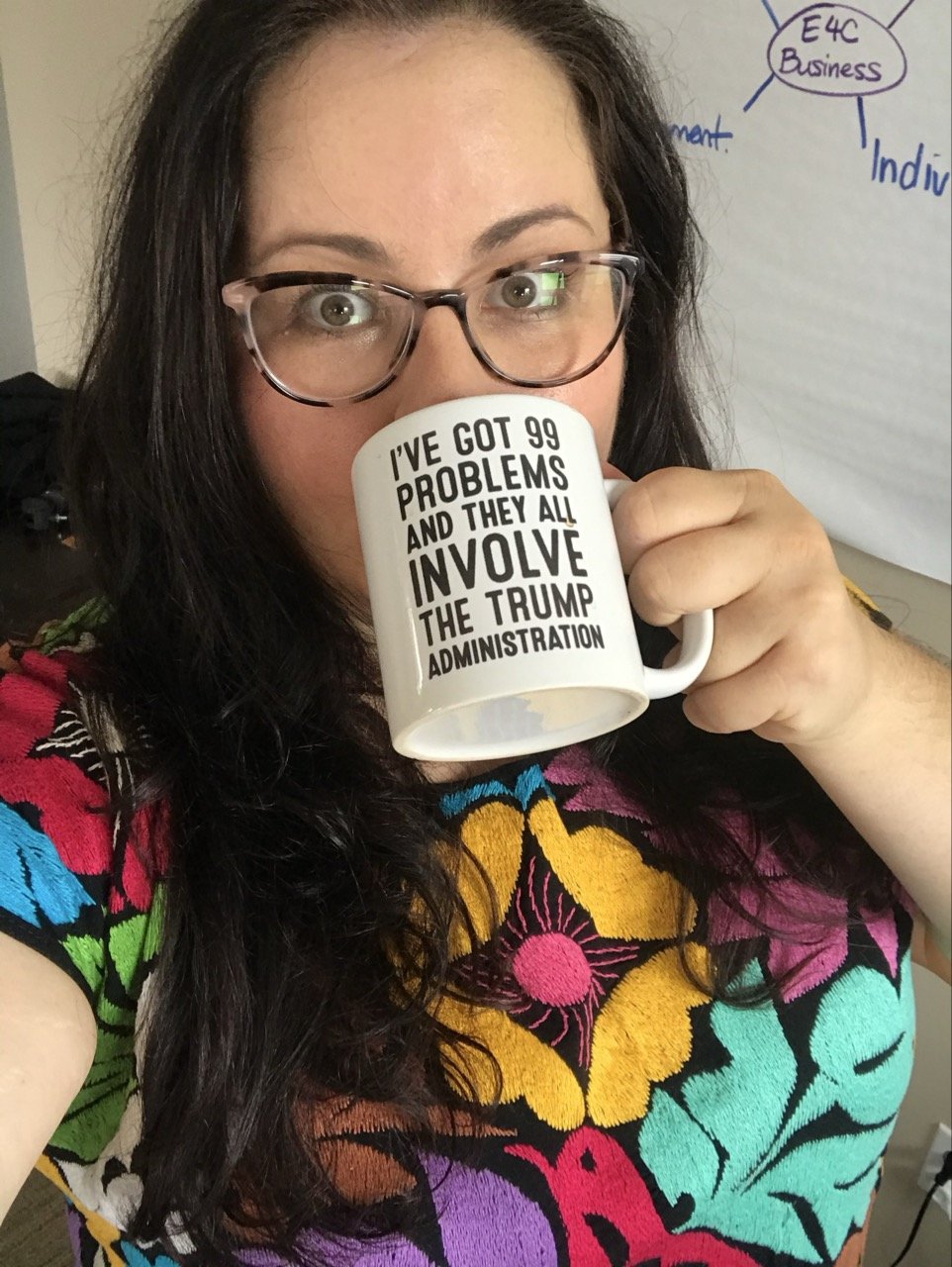
Inside the Trump Administration: A Firsthand Account of Service, Setbacks, and Trauma
My time transitioning into and working in the Trump administration marked a chapter of my life filled with uncertainty, resilience, and loss. Despite the challenges, I stayed with the hope that I could contribute to a better government. What I found was a system consumed by fear, antagonism, and an agenda that ultimately unraveled years of dedication to public service. This account is my story of that era, and I share it now as we stand at a potential turning point. On this election day eve, I hope my experience will remind others of what’s at stake.
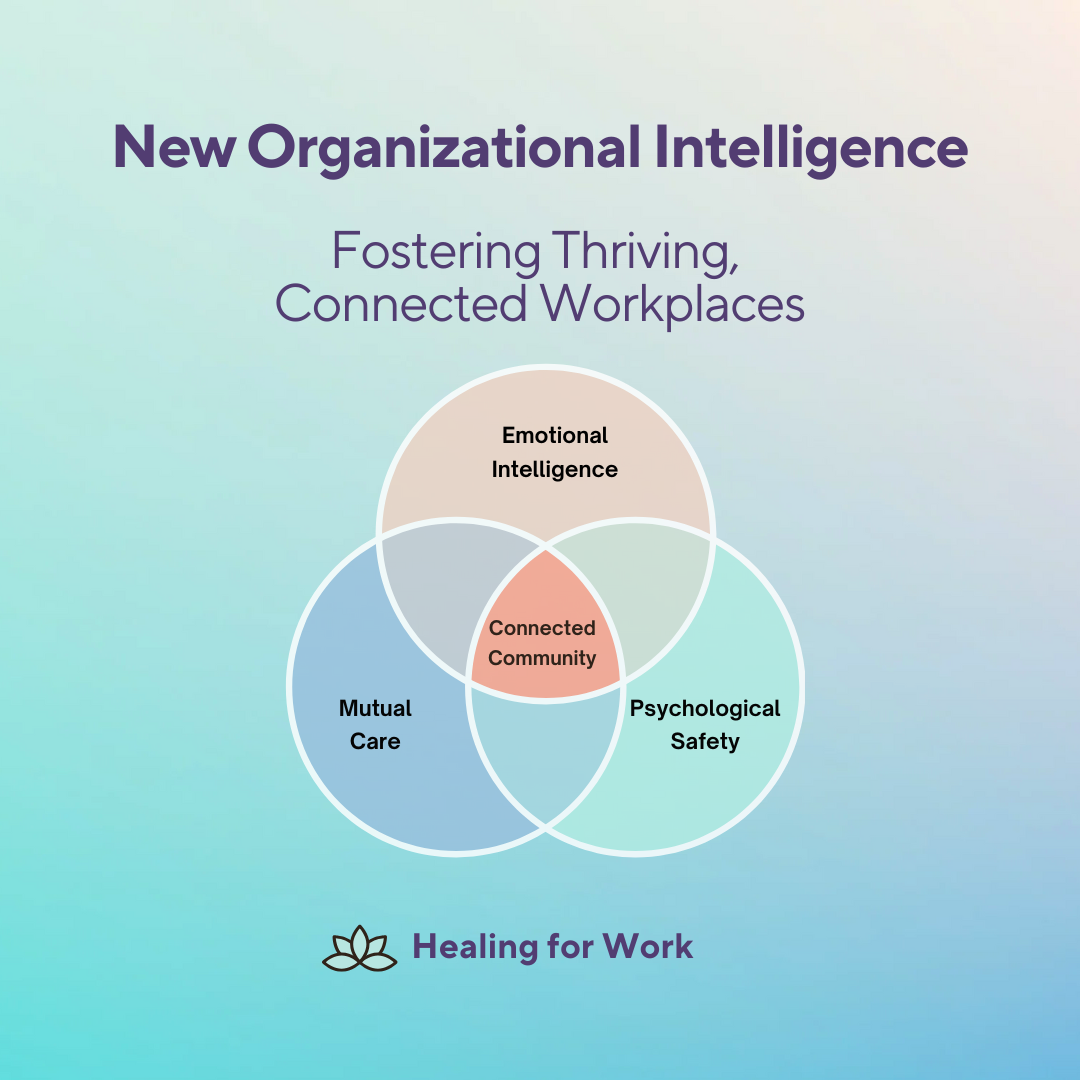
The New Organizational Intelligence: Fostering Thriving, Connected Workplaces
In today's rapidly evolving business landscape, organizations are recognizing the need for a more holistic approach to leadership and workplace culture. The New Organizational Intelligence Framework, developed by Healing for Work, offers a well researched and practiced perspective that integrates emotional intelligence, psychological safety, and mutual care to create connected, compassionate, and high-performing workplace environments. This article explores how these components work together to transcend traditional leadership models and foster healthier organizational cultures.
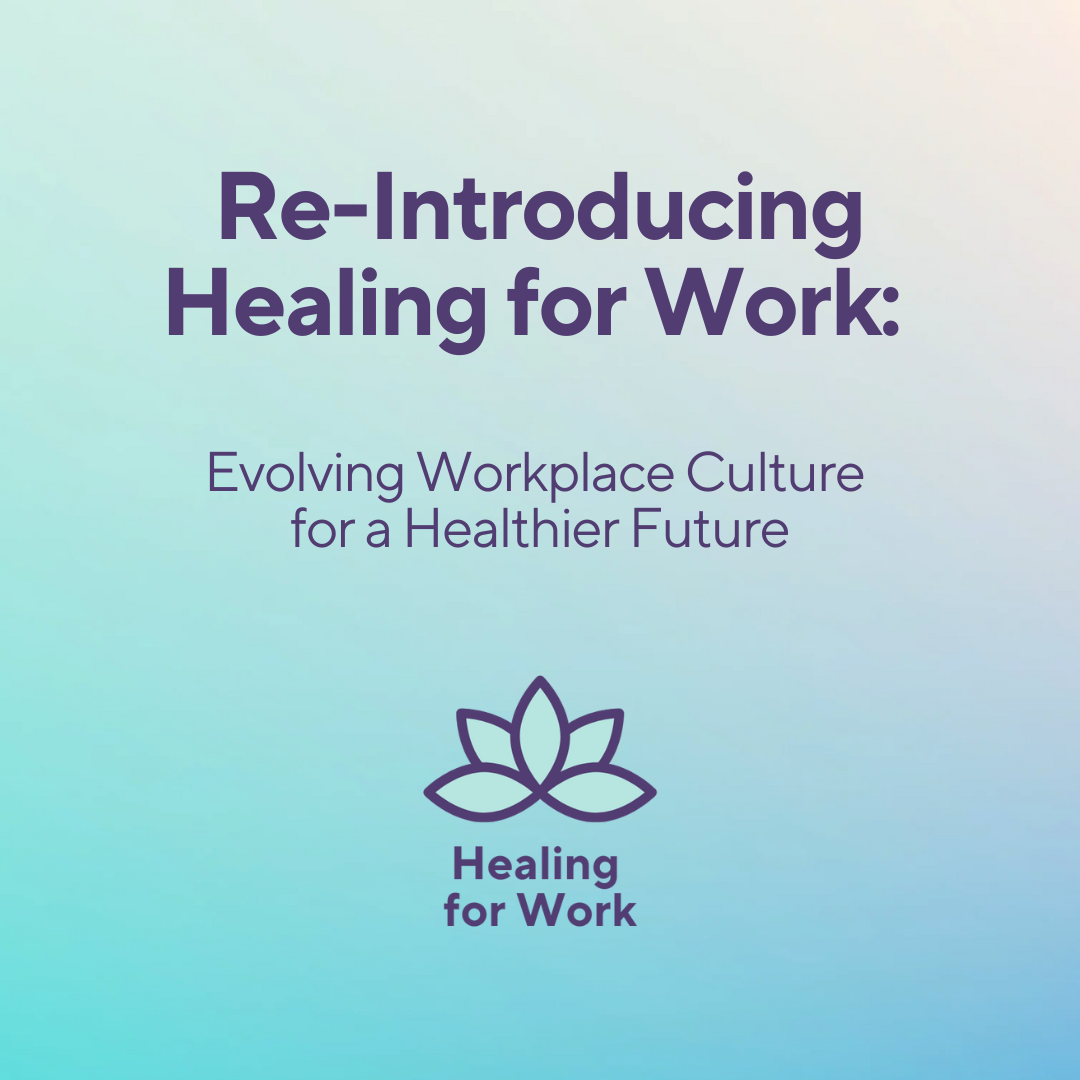
Re-Introducing Healing for Work: Evolving Workplace Culture for a Healthier Future
Workplaces today are facing a crisis—a rise in burnout, stress, and toxic cultures that are deeply embedded in how we function at work. Traditional workplace models often prioritize productivity and profit over employee well-being, leading to unsustainable practices that negatively impact both individuals and organizations. A study by Gallup found that 76% of employees experience burnout on the job at least sometimes, highlighting the urgent need for change in workplace cultures.
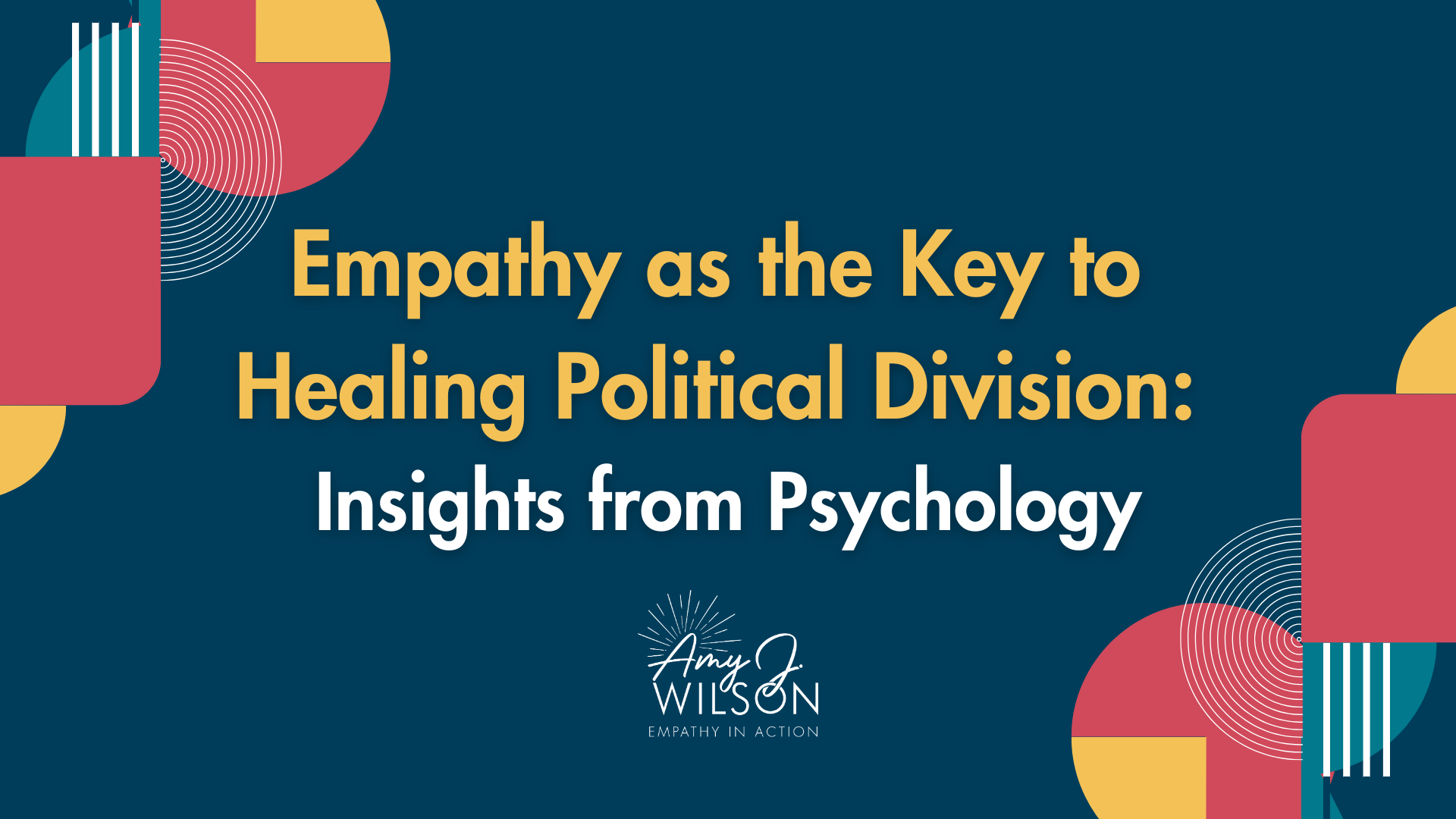
Empathy as the Key to Healing Political Division: Insights from Psychology
In an era where political divisions feel deeper than ever, it’s easy to become cynical about the possibility of bridging the gap between opposing viewpoints. Heated debates, sensationalist media coverage, and social media echo chambers often reinforce the idea that meaningful dialogue is dead. But a recent Washington Post opinion piece by psychologists Jamil Zaki and Luiza Santos offers a hopeful perspective. Their research suggests that empathy—not aggression—may hold the key to healing political divisions.
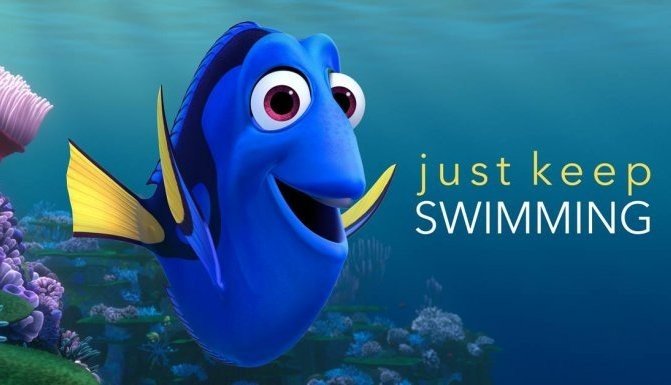
Reframing and Reclaiming Failure
The fear of failure has plagued nearly every human, yet the opportunity to have challenges in life is an essential part of being human.
Failure is a by-product of daring greatly, which is a core part of Theodore Roosevelt’s famous Man in the Arena speech, and is the basis for Brene’s Brown book Daring Greatly. “The credit belongs to the [wo]man who is actually in the arena whose face is marred by dust and sweat and blood…” says Roosevelt “…there is no effort without error and shortcoming…who at the worst, if he fails, at least fails while daring greatly.”

The Art of Radical Acceptance
Acceptance is learning how to embrace something, taking what is offered and learning how to deal with it. We hope to get to a place of radical acceptance, to not mold or modify what life is. And instead, we can get curious about what makes up our lives, and what am I willing to do with a life that is in front of me.
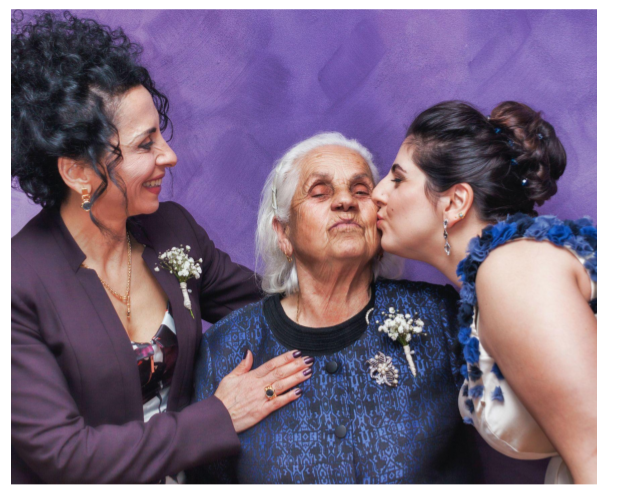
What Makes Us Human?: A Dialogue
This new level of burnout and exhaustion is leading us to reimagine the role of work in our lives and what the workplace should be and how to navigate in a world that is so full of stress. This is the mission of my work--to reconnect with our inner knowing and abundance mindsets so that we begin to connect with the people around us. Stated in another way, I help people to become human--again.

Our Workplaces are Not Okay: New State of Workplace Empathy Report
The data shows a disconnect between our leader and employee motivation. Nearly 90% of CEOs are more motivated than ever emerging from the pandemic, yet 59% of employees agree. And only 21% of employees say that the RTO has positively impacted their personal mental wellness.
